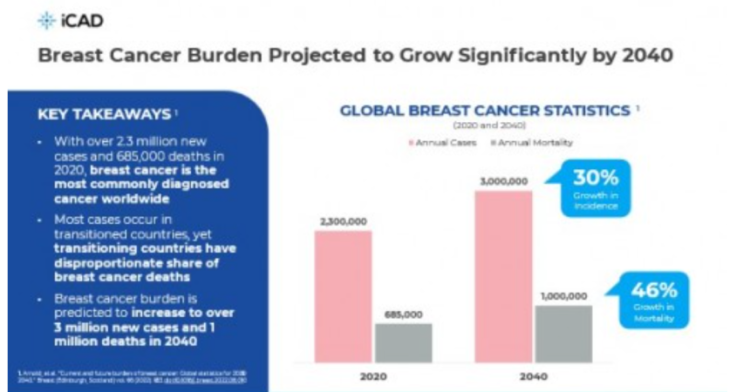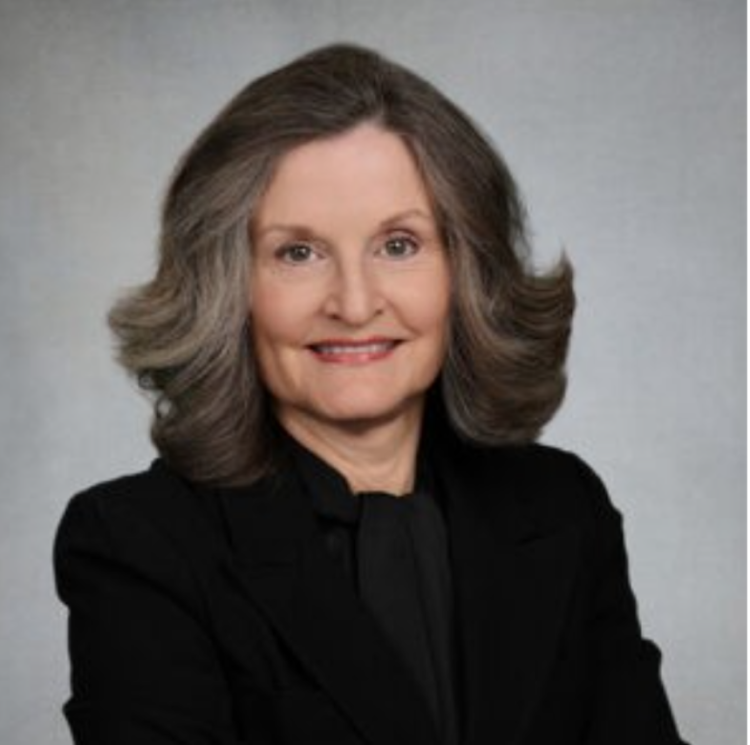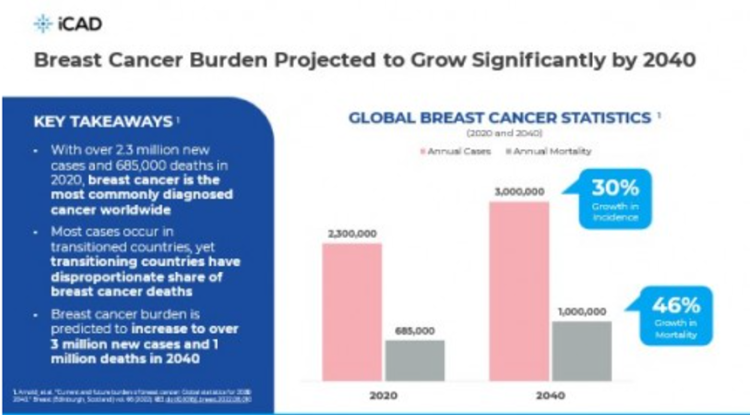


Newswise — On Juneteenth, we reflect on freedom and the responsibility that comes with it. As we commemorate the emancipation of enslaved people in the United States, we must also recognize the systemic inequities that persist, particularly in healthcare.
Breast cancer demonstrates how these disparities manifest. According to recent data from the American Cancer Society, Black women in the U.S. are 40% more likely to die from breast cancer than white women.1 They are often diagnosed at later stages and are at greater risk for aggressive subtypes like triple-negative breast cancer. These outcomes are not indiscriminate. Instead, they reflect long-standing gaps in access, awareness, and care.2-4
The Reality: Disparities in Breast Cancer Care
Breast cancer is the most commonly diagnosed cancer worldwide. In 2020, there were more than 2.3 million new cases and 685,000 deaths. By 2040, that burden is expected to grow to over 3 million new cases and 1 million deaths annually.5
While most diagnoses occur in transitioned countries, transitioning and underserved regions experience a disproportionate share of breast cancer deaths. Globally and locally, factors such as limited access to high-quality screening, fewer trained specialists, and delays in care contribute to this inequality. For example, in North America, the breast cancer incidence rate is 84.8 per 100,000 women, but mortality is relatively low at 12.6 per 100,000, thanks in part to early detection and access to treatment. In contrast, Western Africa has a much lower incidence rate of 37.3, yet a significantly higher mortality rate of 17.8—highlighting how late-stage diagnosis and limited access to care can dramatically worsen outcomes.12
Even within the United States, Black women are less likely to receive advanced screening technologies like 3D mammography.7-8 When they do, they often face additional hurdles, such as limited access to subspecialists, cultural barriers, and implicit bias in care delivery.9-10
A Call to Action: Locally and Globally
Improving equity starts with listening and acting. Community-based navigation programs, led by individuals who reflect the populations they serve, can help ensure patients receive timely screenings and follow-up care. Educating healthcare professionals about disparities and the impact of systemic bias is also essential. 9-10
At a policy level, there must be greater investment in care models and technologies that expand access. Around the world, as the rate of breast cancer increases in low- and middle-income countries, we must prioritize scalable, sustainable solutions.
Equitable Innovation: Building AI that Works for Everyone
Artificial intelligence is a powerful tool in the effort to improve early detection and reduce disparities. When built using diverse and representative data, AI can support more accurate and consistent diagnoses across different populations.
At iCAD, our recently FDA-cleared ProFound Detection Version 4.0 represents our commitment to smarter, earlier, and more equitable breast cancer detection. Designed to integrate seamlessly into clinical workflows, it improves diagnostic confidence by identifying small, hard‑to‑find cancers earlier—while reducing false positives and increasing true negatives. And the real‑world results speak for themselves: at Boca Raton Regional Hospital, deployment of ProFound AI led to a 23% greater cancer detection rate without increasing recall rates, doubled the detection of invasive lobular cancers, and significantly reduced cancer size at diagnosis.11 When AI works in harmony with experienced radiologists, we can detect more cancers, earlier—offering patients better outcomes and more time to take action.
Importantly, AI solutions can be delivered via the cloud, making them accessible to imaging centers regardless of location. This opens the door to advanced breast cancer detection, even in rural or underserved areas
Creating a World Where Cancer Can’t Hide and No One Is Left Behind
Health equity cannot be treated as an adjacent or derivative goal. Equity must be central to how we build healthcare systems, how we deliver care, and how we design and deploy technology.
On Juneteenth, we are reminded that equity in breast health is part of our duty in this journey together. Every woman, regardless of race, geography, or status, deserves access to early detection and quality care and equitable outcomes.
Together, let’s continue the work to close the breast cancer gap. Let’s move toward a future where cancer can’t hide no matter where you live or what color your skin. A world where every life has the same opportunity for a life after a cancer diagnosis.
Discover how AI is helping expand access to earlier, more accurate breast cancer detection by visiting: https://www.icadmed.com/breast-health/
References:
https://www.cancer.org/research/acs-research-news/breast-cancer-death-rates-are-highest-for-black-women-again.html
https://www.bcrf.org/blog/black-women-and-breast-cancer-why-disparities-persist-and-how-end-them/
https://www.komen.org/breast-cancer/risk-factor/race-ethnicity/
https://www.breastcancer.org/risk/risk-factors/race-ethnicity
https://pubmed.ncbi.nlm.nih.gov/36084384/
https://www.ncbi.nlm.nih.gov/pmc/articles/PMC6316530/
https://www.jacr.org/article/S1546-1440(21)00006-5/fulltext
https://www.itnonline.com/article/black-women-are-receiving-inferior-breast-screening
https://ascopubs.org/doi/10.1200/EDBK_319929
https://www.komen.org/wp-content/uploads/Landscape-Analysis-Exec-Summary.pdf
Schilling K. et al. Real-world breast cancer screening performance with digital breast tomosynthesis before and after implementation of an artificial intelligence detection system. Presented at the Radiology Society of North America (RSNA), Dec 1-5, 2024, Chicago, IL.
https://canceratlas.cancer.org/the-burden/breast-cancer/